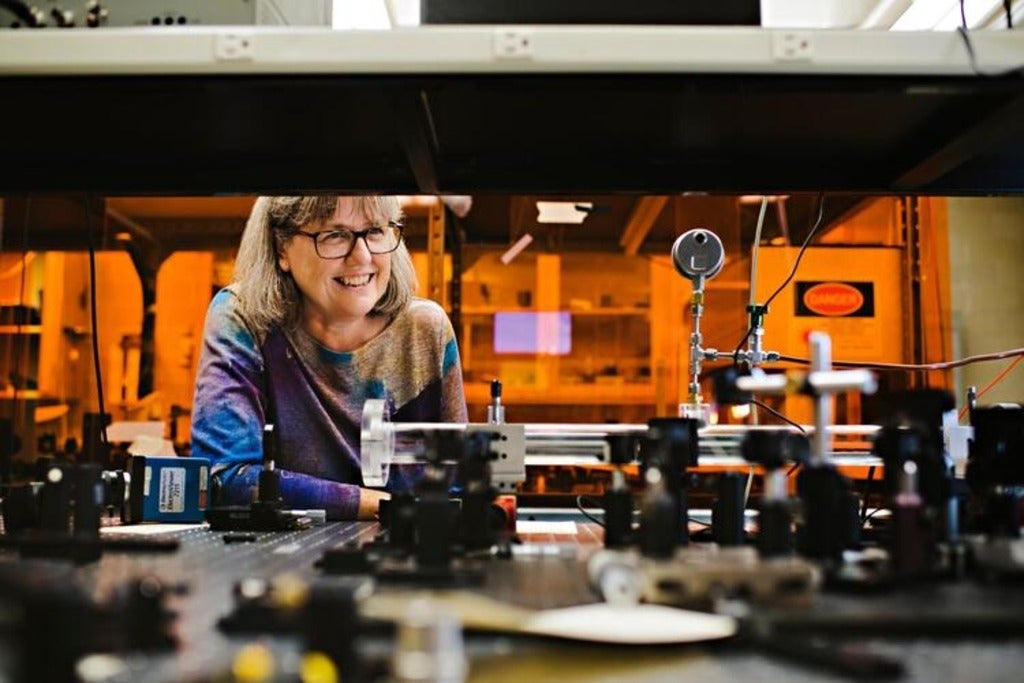Brenda Lee receives the 2021 Excellence in Science Teaching Award
Professor Brenda Lee is a very bright, creative and hard-working educator in the Department of Physics and Astronomy. She is an instructor who consistently demonstrates sensitivity to student needs ensuring that weaker students are not left behind using the right balance of rigor and compassion.

